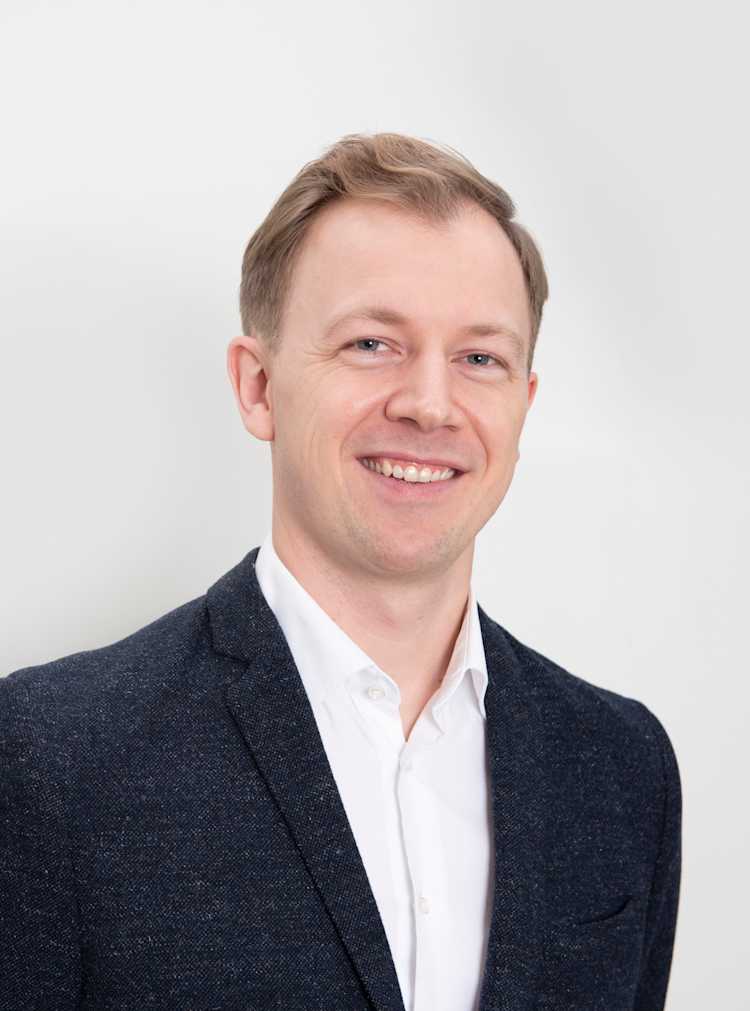The Future of Investing
Keeping up with the millennials

As Baby Boomers (born between 1946 and 1964) are retiring or nearing retirement, there is a shift not only of wealth, but how that wealth is managed. Estimates vary, according to Cerulli Associates, a global research and consulting firm, but roughly USD 68 trillion will be transferred from the Baby Boomers to the next generation in the next 25 years in the US alone(1).
It’s we, not us and them
The next generation has grown up in a smaller world than their parents. A world where global warming is a thing of the present and not only a theoretical future event, a world where the challenges facing the global low-income populations hit closer to home, both through modern media and migration. They understand that we must not only help them, whether “them” is malnourished children, whales or trees, but we must help ourselves, as global warming, conflicts, pandemics and refugee crises affect everyone.
And this is evident not only in social media posts and signature campaigns – the next generation puts their money where their mouths are. According to a survey done by Fidelity in 2019(2), more than 3 out of 4 high net worth Millennials reported having made impact investments such as investing in a company with good social or environmental practices. For the corresponding Baby Boomer respondents that number was less than 1 out of 3.
Asset managers who snooze, lose
At the same time, half of all investment advisors surveyed believe impact is a short-term trend. Only half of investment advisors over the age of 40 report being interested in the topic at all, while two thirds of those under 40 are.
What this all means is that there is a mismatch between the new wealth owners on the one side, and the established wealth managers on the other, when it comes to interest in, and knowledge of, impact investments. Pair that with the fact that, according to EY(3), when assets move from one generation to the next, 70-80% of those assets are withdrawn from the original asset manager. In other words, the next generation wants impact and will not hesitate to punish the large number of asset managers that aren’t genuinely engaged in the topic.
That growing demand and lacklustre supply from more established asset managers supports the growth of specialist impact investment managers such as responsAbility and others, offering investment solutions that target both positive financial returns and positive societal and environmental returns.
Financial investments as a way of doing good
Donations and charitable causes have long been a part of many wealth owners’ activities, but in large part separated from the placement of financial assets. According to Bank of America(4), more than half of high net worth Baby Boomers categorically reject impact investing because they “don't mix philanthropic and investing goals”. Of Millennials, 3 out of 4 disagree with that sentiment. The next generation sees investing as a way of not only preserving wealth, but achieving positive impact at the same time. According to the same survey, 88% of wealthy Millennials consider impact to be important to their investment decision making. Furthermore, 76% of Millennials “view their investment decisions as a way to express their social, political, or environmental values”. Only 37% of Baby Boomers agree.
Many family offices and asset managers have traditionally had their main focus in the rear-view mirror, highlighting what previous generations have achieved. Their aim has been to preserve and protect their ancestors’ achievements, without considering what future that wealth is to be preserved for. Now there is a new generation coming onto the stage, looking forward with a wider lens, focussing instead on what the future holds for their family wealth, their society and their environment – and understanding that it’s all connected.
Learn more about investing in a sustainable future: Impact for Generation 2030
- - -

Balder Vestad
Balder Vestad is Head of responsAbility Nordics, leading the company’s business development activities in the region. Previously, he worked as a corporate banker at DNB Bank, and has an MSc. in Economic History and Development Studies from the London School of Economics (LSE). He has lived in 8 countries on 4 continents and thus, not surprisingly, enjoys travelling.